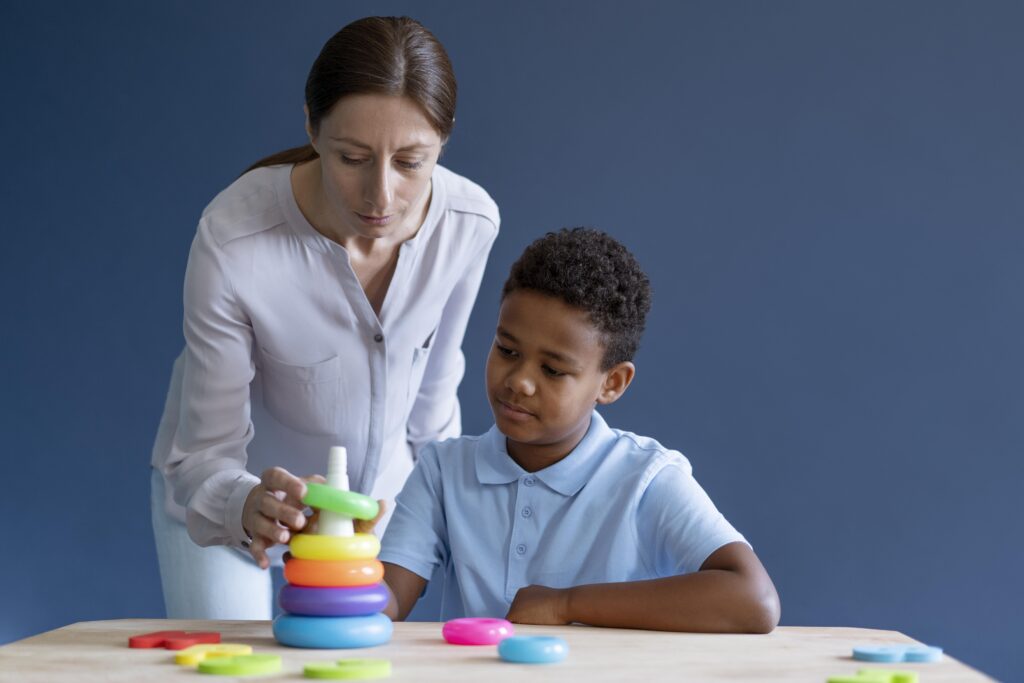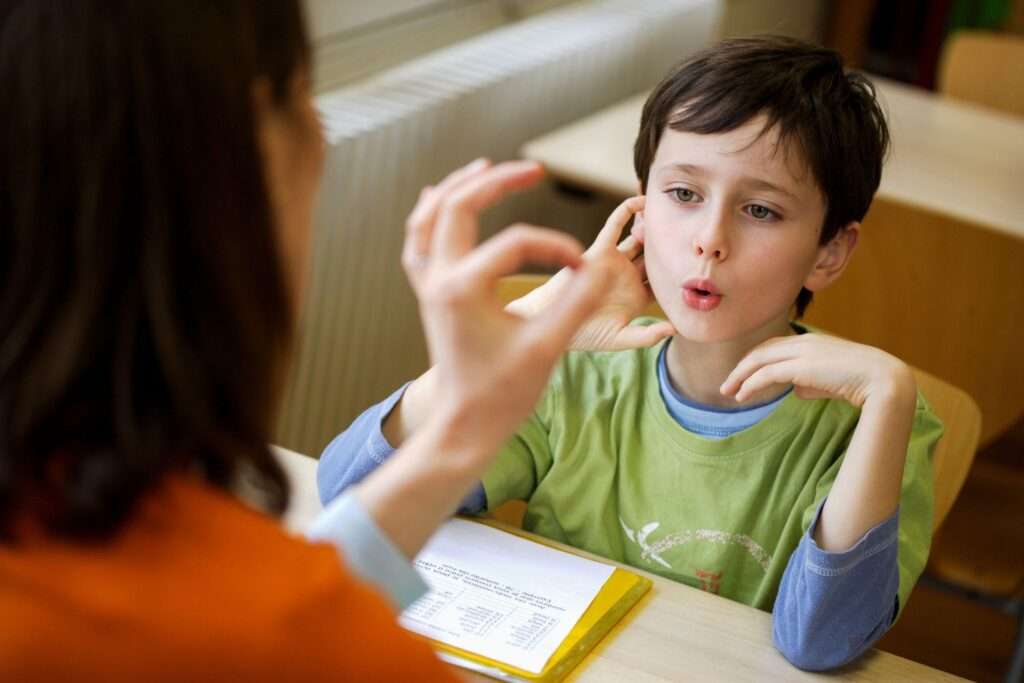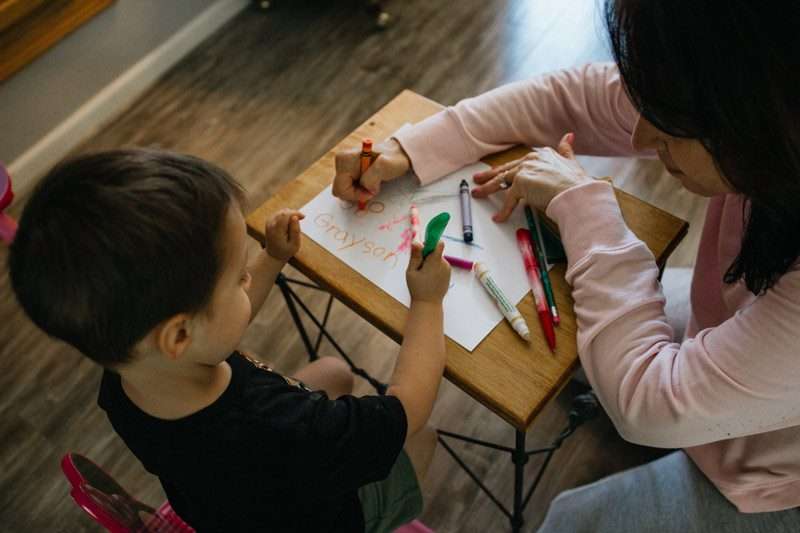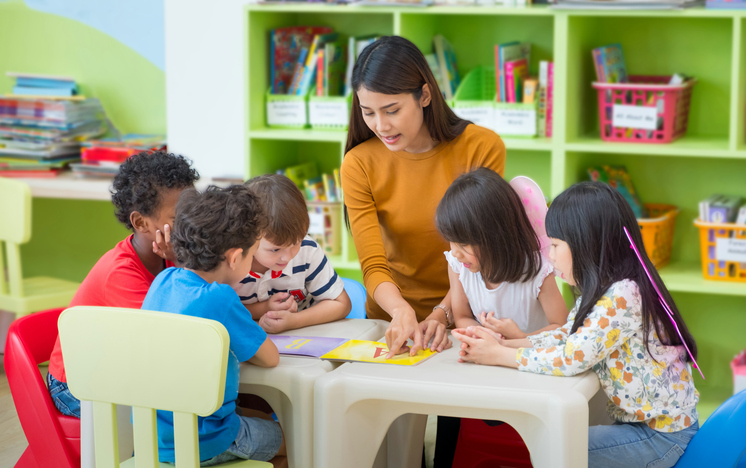Group Therapy
Group Therapy
Group therapy is mainly focussed on teaching social and communication skills to children with special needs, mainly autism and communication delays. Whereas the whole therapy is through individual sessions, we conduct group therapy once a week, mainly Saturdays. These are small groups of 3-5 children, mediated by 2-3 trained therapists. The grouping is mainly done according to the abilities like linguistic skills, seating behaviour and other goals of different kids.
We are proud to say that our children have achieved significantly in the areas of school readiness, waiting skills and social and language development. The main areas where a group therapy is seen to help special children can be described as follows:

- Children learn how to behave in a social situation.
- They can learn about the importance of friendship and thus improve their social participation.
- Help in the reduction of social anxiety symptoms and withdrawn behaviour.
- It helps children to follow the rules of a game and develop their cooperative play skills
- This encourages children to communicate well.
- Help them to interpret nonverbal and verbal communication cues.
- Help to reduce behavioural tantrums to some extent.
- Develop their empathy, helping and sharing skills.
- Increase participation in recreational activities.
Each group therapy has a scheduled outline which includes activities depending on the topic to be taught. We mainly use play and a variety of movement activities to target social emotional development.
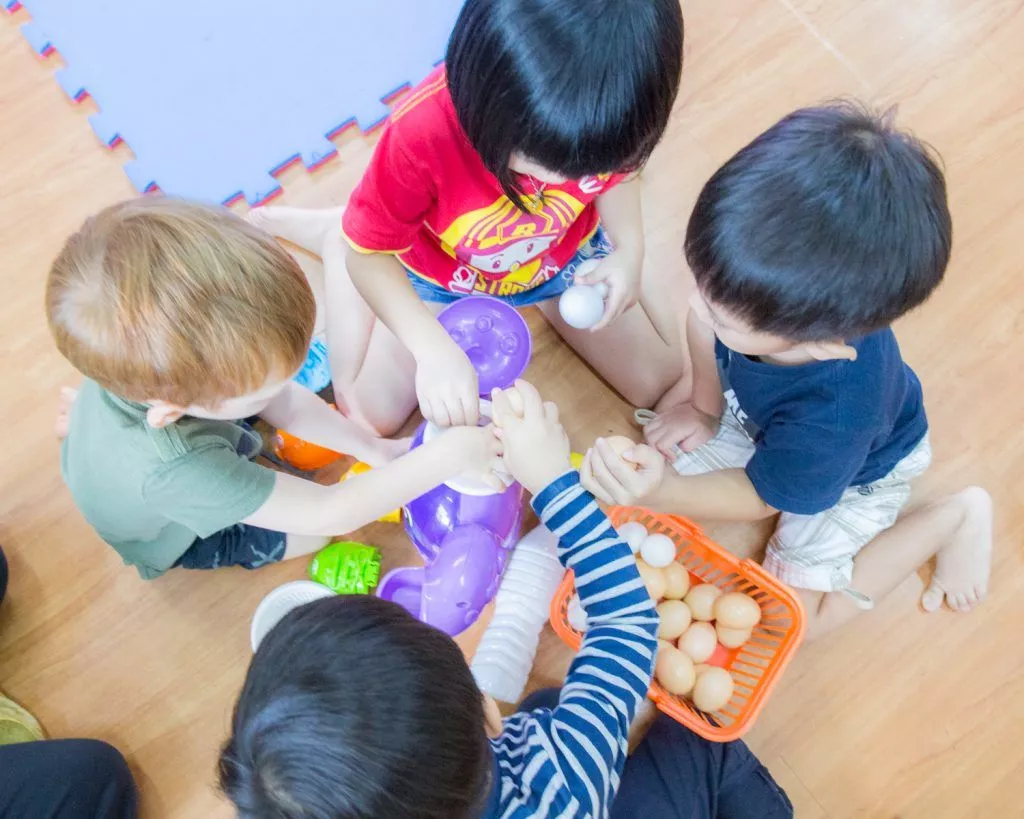
How Will the Special Child Benefit from Group Therapy?
Group therapy can build self-confidence and assertiveness to engage with friends in various games and activities. It can also equip kids with the tools they need to process and manage negative emotions and work through stress and anxiety. The following are the most noticeable benefits of group therapy:
Children learn about the importance of friendship, learn to give, and take and become effective listeners. They get more patient, can’t wait for their turn and start respecting boundaries. They understand the social etiquettes within a group situation. All these qualities boost up their self-confidence.
Kids often feel overwhelmed by their emotional responses to stressors. Groups offer kids a place to vent their emotions, connect with other kids, and empathize with one another. This decreases their stress level.
Children with special needs normally don’t get a chance to be a part of a larger peer group. Sometimes parents are reluctant to send their kids to birthday parties, due to fear of rejection and embarrassment. These small groups become a medium to expose children to various group activities, and thus help them make friends. For instance, games like musical chairs, following the leader helps children to be a part of the group.
Group therapy provides an opportunity for kids to practice verbalizing and expanding their communication with their peers. Even though it begins with simple functional words like greeting each other, gradually it develops into creating stories, telling favourites etc. This helps kids build effective communication tools to use when they are in distress.
In a group situation, children learn the importance of sharing, waiting, listening to others, helping others, applauding for others etc. This enhances empathy and group participation. They are able to understand that they can win sometimes, and may lose also. They can understand both cooperation and competition.
Once a child starts participating in a structured group environment, he or she is then ready for a formal schooling. Thus, it becomes an important indicator for school readiness.

